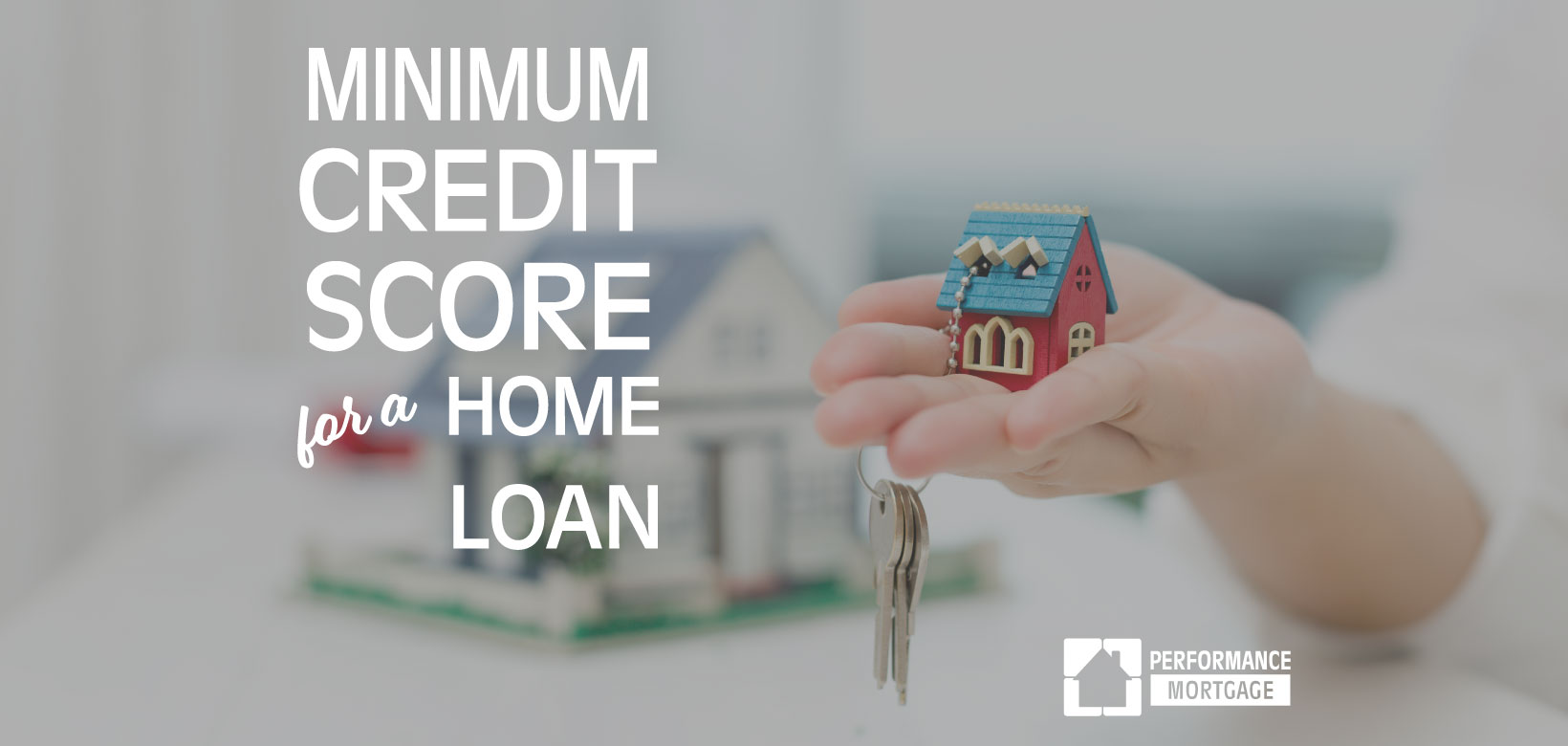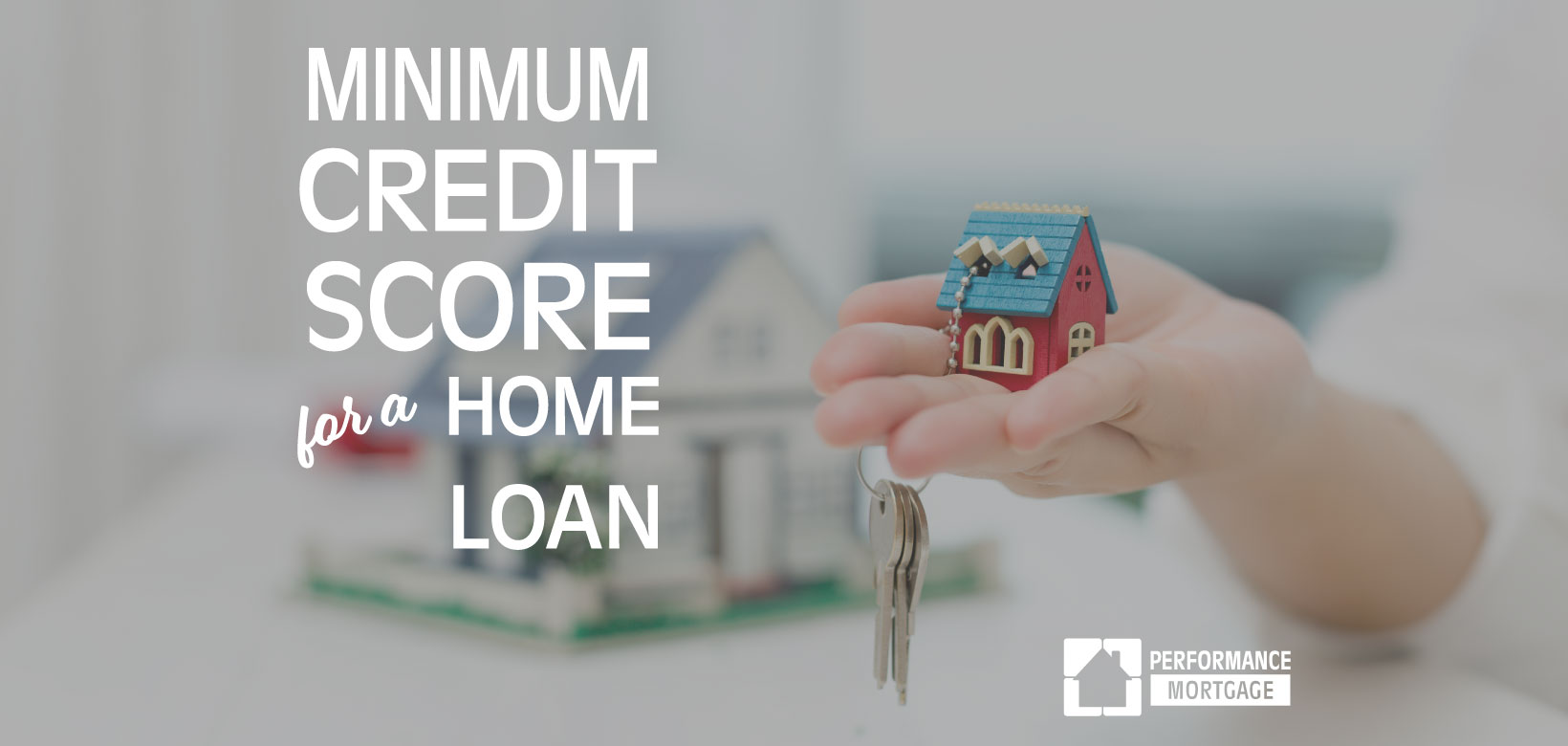When it comes to financing home improvements, understanding the interplay between your credit score and the interest rates on loans is crucial. Home improvement loans can be a fantastic way to enhance your living space, but they often come with varying interest rates that can be largely influenced by your credit score. In this article, we’ll dive deep into how your credit score affects home improvement loan interest, the programs available, and tips to improve your score for the best possible outcome.
Understanding Home Improvement Loan Interest and Credit Score
Before embarking on a home improvement project, homeowners should be fully aware of the financial ramifications associated with borrowing. One of the primary factors that lenders consider when assessing applications for home improvement loans is the credit score of the borrower. The impact of a credit score on the terms and conditions of a loan, including interest rates, cannot be overstated.
The Credit Score Spectrum and Its Impact
Typically, credit scores range from 300 to 850, and different lenders will have various thresholds for qualifying applicants. A score below 620 is often deemed subpar, leading to higher interest rates, while scores above 740 are generally regarded as excellent and can unlock more favorable terms. When assessing your eligibility for a loan, understanding where you stand in this spectrum can help you plan your home improvement loans more effectively.
Is Your Credit Score High Enough?
Before applying for a home improvement loan, it’s crucial to undertake an assessment of your credit score. If it’s less than optimal, you may face interest rates that will make your loan much more expensive in the long run. The better your credit score, the lower the interest rates you will likely qualify for, ultimately saving you money.
Strategies for Improving Your Credit Score
If your score is not where you want it to be, there are strategic steps you can take to improve it before applying for a home improvement loan. Start with paying down existing debt; high credit utilization can negatively affect your score. Aim to reduce your card balances below 30% of their limits. Additionally, ensure you pay your bills on time. Delinquent payments can stay on your credit report for several years and dramatically impact your score.
Understanding Interest Rates on Home Improvement Loans
Interest rates can fluctuate based on market conditions, but they are also influenced significantly by your credit score. A high credit score not only opens doors to lower interest rates but can also yield a larger borrowing capacity. For individuals contemplating significant renovations or additions, understanding the implications of these rates becomes all the more pertinent.
Types of Home Improvement Loans
There are various loan programs you can consider, including secured loans, unsecured loans, and line of credit options. Each type comes with its own set of interest rates and prerequisites, and your credit score will invariably play a role in the type of loan and rates you access. Researching and understanding these options can position you for better financial decisions when it comes to home improvements.
The Role of Home Equity in Secured Loans
For homeowners with substantial equity in their properties, considering a home equity line of credit (HELOC) or home equity loan may be prudent. Both types of loans allow you to borrow against the equity in your home, typically offering lower interest rates compared to unsecured loans. However, just like any other type of home improvement loan, your credit score plays a key role in the rate you will receive. Lower credit scores may limit your home equity loan options, so solidifying your credit history beforehand can be essential.
Navigating Loan Applications with a Lower Credit Score
If you find yourself in a position where your credit score is below average, don’t despair. There are still avenues to explore. Some lenders specialize in providing loans to individuals with lower credit scores, though the terms may not be as favorable. You may also consider applying for a co-signer, preferably someone with a good credit score, to help you secure a loan with better interest rates.
Calculating the True Cost of Home Improvement Loans
Beyond just the interest rate, calculating the overall cost of any home improvement loan involves understanding the total expenses associated with borrowing. Be sure to account for fees, closing costs, and other charges that can be associated with your loan. If you can reduce your interest rate through credit score improvements, you will significantly cut down overall costs.
Long-term Financial Planning for Homeowners
Investing in home improvements can enhance not only your property value but also your living conditions. However, ensure that you approach financing with a long-term perspective. Planning your home improvement project with interest rate implications can save you thousands over the life of the loan. Aim for a meticulous review of your credit score and explore all options available to optimize interest rates before committing to any loan.
Conclusion: Taking Control of Your Home Improvement Financing
With a firm understanding of how home improvement loan interest is tied to your credit score, you can take actionable steps toward securing the appropriate funding for your projects. The key takeaway is that a solid credit score can grant you access to more favorable loan terms in terms of both interest rates and borrowing potential. By prioritizing credit score optimization, reviewing available loan options, and making informed financial choices, you can ensure your home improvement ambitions do not come at the expense of financial burdens. Take control and set yourself up for success as you embark on enhancing your home.




